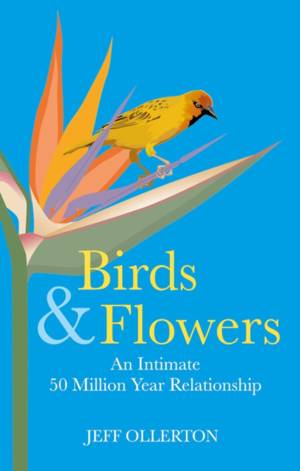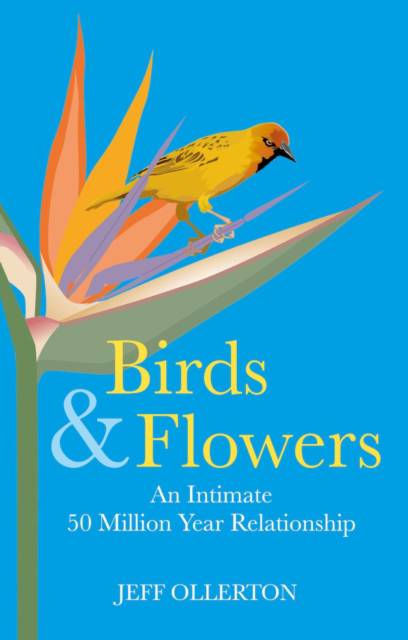
- Retrait gratuit dans votre magasin Club
- 7.000.000 titres dans notre catalogue
- Payer en toute sécurité
- Toujours un magasin près de chez vous
- Retrait gratuit dans votre magasin Club
- 7.000.0000 titres dans notre catalogue
- Payer en toute sécurité
- Toujours un magasin près de chez vous
Description
Most people are familiar with hummingbirds and the balletic ways in which they feed on flowers. But did you know that these kinds of relationships first evolved at least 50 million years ago? And that nowadays at least 64 families of birds include species that act as pollinators, for tens of thousands of different plants? Not only of great ecological significance, such interactions have been the inspiration for art and literature, for stories about gods and warriors, and for branding guitars and even cheese.
This is the first book that deals with bird pollination in all of its diversity. It looks beyond the iconic hummingbirds, sunbirds and honeyeaters, to assess the real breadth and significance of avian involvement with flowers. Pollinating birds have intricate lives that are often highly dependent on flowers, and the plants themselves are at the whim of birds for their reproduction. This makes them crucial players within many ecosystems, but these relationships are threatened by disease, habitat destruction and climate change. Yet there are also optimistic stories to be told about conservation and restoration projects that reveal the commitment of scientists, conservationists and the public to preserving these ecologically vital connections.
This groundbreaking study reclaims birds as pollinators. It rescues them from being mere novelties of (especially Neotropical) natural history, and explores their interaction with flowers in all its significance. These associations carry huge importance in the world's ecosystems, and are the drivers and objects of evolution. In addition, as a source of cultural inspiration, with a history stretching back millennia, they are part of the ongoing relationship between humanity and the rest of nature.
Spécifications
Parties prenantes
- Auteur(s) :
- Editeur:
Contenu
- Nombre de pages :
- 368
- Langue:
- Anglais
Caractéristiques
- EAN:
- 9781784274511
- Date de parution :
- 02-04-24
- Format:
- Livre relié
- Format numérique:
- Genaaid
- Dimensions :
- 142 mm x 218 mm
- Poids :
- 566 g

Les avis
Nous publions uniquement les avis qui respectent les conditions requises. Consultez nos conditions pour les avis.






